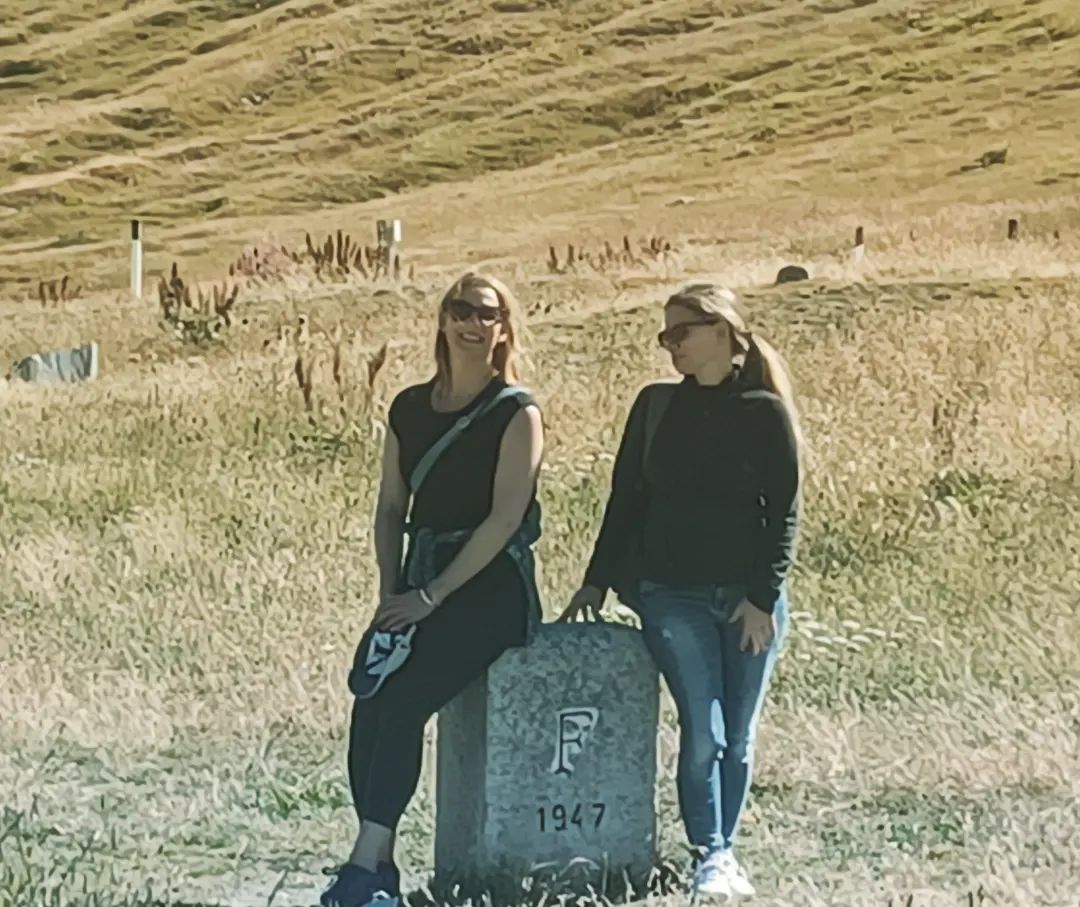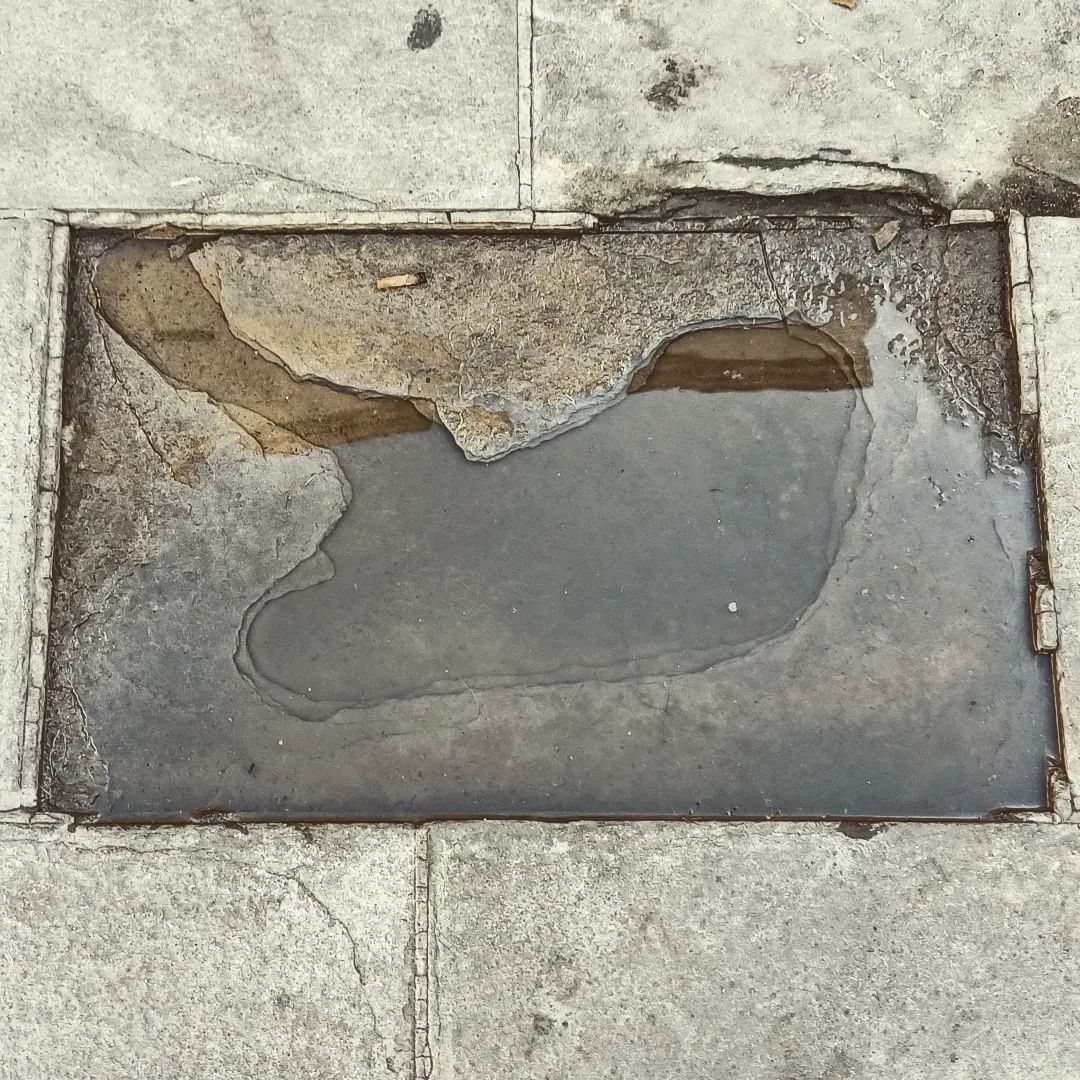
Like many of you, I have been following the recent news out of Afghanistan. Also like many of you, I am probably guilty of having forgotten, for days at a time during the past two decades, that America was even at war in Afghanistan. I am ashamed to admit this – I, who in high school articulated the goal of “understand global current events,” and tacked it to my bulletin board in my childhood bedroom, I who used to guest on “Worldviews” at KGOU ten years ago, I who chose again and again to follow an international career path (immigration advocacy, higher education, study abroad) accompanied by complimentary life opportunities and choices (various professional positions, living abroad repeatedly) mostly down to the fact that I am just so damn nosy I cannot stand to not know something. I used to joke that I should have been a war reporter, like Martha Gellhorn, but missed my calling.
An abiding curiosity has served me well in this lifetime, however, and the more I learn, the more I see and experience, the more ferret away and file new facts into my existing framework of understanding how the world we live in works. With respect to living abroad, work, languages other than English and cultures other than American, my life to date has been one extended, open-ended, compare-and-contrast essay like the ones we used to have to write against a timer in AP English in twenty minutes or less. People are like this here, that there; France is like this, Spain like this, Seattle versus New York versus the American Midwest; I only realized after 2003 that Finnish culture was a key yet covert component of my personal psychology. I have a solid introduction for this life essay, but the body of the argument keeps swelling and expanding, while the conclusion, if any should appear, seems ever further and further away.
The US finished its evacuation operations in Afghanistan a day early, on August 30. Many people were left behind who wanted to get out, notably many women, professionals, and educated people who may as well have a target sign tacked on their chest now that the Taliban is back in charge again. The daily newsletter (“Letters from An American”) that I receive in my inbox from the preeminent academic Heather Cox Richardson informed her readers that:
Researchers estimate that the war in Afghanistan has cost more than 171,000 lives. It has wounded more than 20,700 U.S. service members and taken the lives of 2461 more. It has cost more than $2 trillion, which adds up to about $300 million a day for twenty years.
I wrote in my piece last weekend that I remembered with clarity the day we began the war in Afghanistan, twenty years ago. The loss of life is irreparable on both sides, and very likely civilian casualties of American military presence in Afghanistan will always be underreported. But two trillion dollars over twenty years is a big number to crunch. It is helpful that she breaks it down for the reader to $300 million per day. If it is helpful to you to know this, as it was for me, one trillion is a million million. So, two million millions.
$300 million per day is a lot of money to spend on “nation building,” that is, when we remembered that we were even there. I have been thinking of $300 million per day all day. When I woke up. All morning. On my walk. On my way into the office. In the office. On my way home, making lunch. Eating lunch. Why, if I were the war in Afghanistan, I would have already thought my way through $150 million today. It’s a ton of money by any measure, but the fact that we were spending it under the pretense of building the new nation of Afghanistan is astonishing. The necessary hubris to presume that our efforts there were meaningful – that we could drop in, halfway around the world, where, for crying out loud, the USSR failed in living memory and Great Britain failed in recent memory, just a handful of monarchs ago – is astonishing. I bet most Americans even now would not be able to identify Afghanistan on a map, much less its spoken languages or prominent peoples. I wonder if most Americans would be willing to concede that the nation on American radar most in need of nation-building is America itself.
While the infrastructure bill has passed ($3.5 trillion, again), that’s the tip of the iceberg. It’s no stretch to imagine how $2 trillion would have been well spent at home, for infrastructure, universal healthcare, universal childcare, universal education and student loan debt forgiveness, housing, a dignified retirement (e.g., not working as a Wal*Mart greeter in a red polyester vest with missing front teeth), a living wage, civil communities. Oh America, you have so much money, and you spend it on all the wrong things – a LOT of money of some very misguided projects – all while the citizenry convinces itself that domestic policies are staggeringly expensive and hence out of reach. What could we have done domestically with $300 million per day? I mean, seriously. It would go way past those newborn Marimekko boxes that the Finnish government sends parents every time a baby arrives, but that would be a good start.
But why take a look at our own house when we can point at other countries abroad and crow about how badly they’re doing? The former president took joy in deriding sh1thole countries, but many people were on board with his opinions. Thank God we’re not like sh1thole country X! Never mind our role in the decimation of civil society in any number of countries (various places in Central America, Africa, and Asia come to mind, not to mention pre-Columbian North America), or naive expectations and emptily hoped-for but never realized outcomes. Foreign wars are a policy squirrel that provide a convenient distraction from the meaningful everyday work of good domestic policy, by the people, for the people. I keep thinking too about how Congress has not declared war since Pearl Harbor, that these foreign military interventions represent ad hoc policies inherited like hot potatoes. How the US military, now all-volunteer, seems to shrink more and more from our collective conscience. If America wants a distraction from its internal messes, a war provides an immediate distraction that also permits a healthy serving of righteousness and moral outrage. A memory of watching the news in the Reagan years when we went to war with Granada, and Manuel Noriega. Examples abound.
Back in my radio and op-ed days, and in the years before as a Foreign Service hopeful and larval Hill rat, I will confess I was more pro-“benevolent” foreign intervention by American military. The milieu in which I’d been raised an educated sold a convincing story of American Helpfulness, that it was our duty to somehow police global ethics. That if we did not intervene, bullies would run rampant while civil society suffered. But evidence and years have done their work on me. Living in a civil society that looks after its citizens here in Italy has provided further points to compare and contract in my giant life essay.
Even a recent Ezra Klein podcast with Robert Wright, a purported left-leaning progressive and author of the newsletter Nonzero, was astonishing for his guest’s myopia. He veered into a explanation of the rebirth of the Cold War. The US wants to take on China? There are things we don’t like about China and we would like to change about its leadership? China commits human rights abuses? And their borders? I am so sorry, but we have no moral ground to defend here. I shook my head and thought, what if China turned the tables, came in one day with troops and said, America, big ni hao. Hey. You need to make some changes. In your leadership. And we don’t like how you run your borders in Texas and Arizona, and keep these kids in detention, and for that matter, we don’t like Guantanamo or your death penalty either. We need you to make some changes, mmmk? And we’ll stay here on your borders and construct garrisons in your towns until things look a little more here like we think they should. Where is this generation’s Jonathan Swift? Can someone write this counterfactual novel for me please? We need to hold a mirror up to this so we can see it and name it for what it is.
So, America. Forget the foreign wars, the squirrel that distracts, the sock puppet held up to make you smile, your eyes focused beyond the frame. Fold up the operations and go home, America. The world does not need your help – unless they ask for it – and almost always, interventions just exacerbate the existing issues and we leave a greater mess then first we found. Look at Afghanistan. Libya. Tunisia. Iraq. Others. Many others. I’m no isolationist. Very much not. As a global citizen, I am all for respectful, meaningful global engagement. But the US has got to get off the Helpful Train when it is not at all helpful, not to ourselves, not to others. And perhaps most importantly, we need to stop telling ourselves we’re helpful. To ourselves and others. Find what’s really helpful and maybe start there first. I’d like to see us start with a basic social infrastructure that supports civil society in the US.
I now relieved that I did not join the US Foreign Service. I would be so out of a job for having, much less publishing, these opinions. I would like to thank the diplomatic service for twice telling me, eight years apart and in identical anonymous conference rooms, that they declined my earnest offer to work for them.








